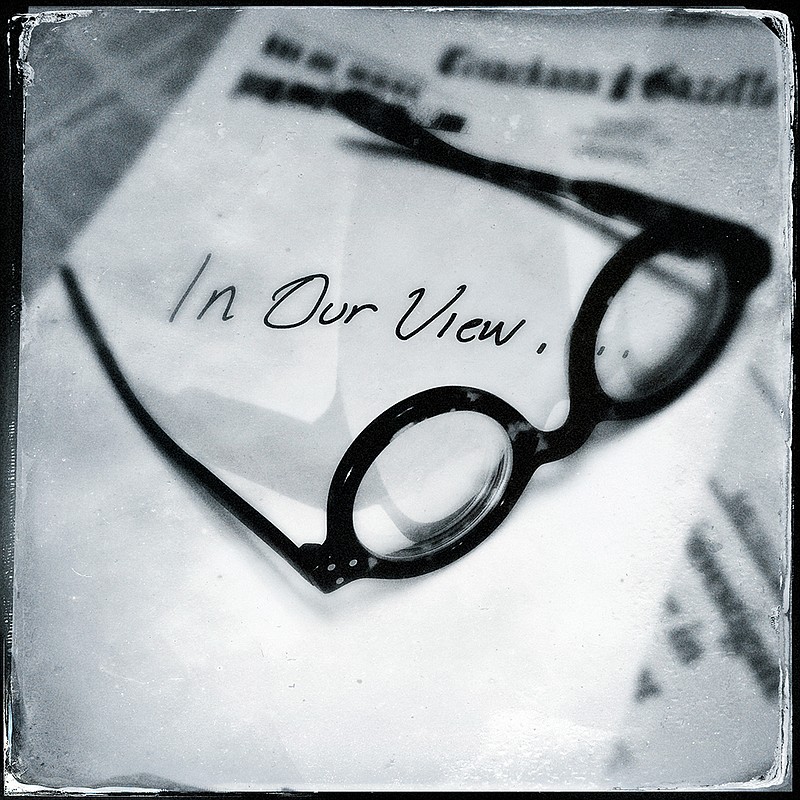Whenever there is a mass shooting, be it at a school, workplace or some other site, you can count on calls for two things.
One is more gun control. The other is more awareness of mental health issues and better recognition of-and treatment for-those who need help.
We'll leave the gun-control debate to others. But there is no doubt we have a mental health problem in this country. We have more people with mental illness and few facilities for comprehensive treatment. State-run psychiatric facilities can only handle about 45,000 a year. There are private psychiatric hospitals, but many cannot afford them and insurance coverage often limits the amount of treatment available. According to a 2015 article in the Washington Post, prison has become the default option for the mentally ill, with 10 times as many behind bars as in hospitals.
Yes, mass shootings make the news, but there's another side to the mental health crisis: suicide.
Suicide has been in the news for the past week with the high-profile deaths of designer Kate Spade and TV personality and chef Anthony Bourdain. They made the headlines, but suicides have jumped by 30 percent since 1999. Nearly 45,000 Americans killed themselves in 2016 alone.
We don't hear a lot about that. Even though the number of victims in mass shootings in the U.S. is a tiny fraction of the number of suicides. And the number of collateral victims-family and friends-is staggering.
Mental health is a common denominator. Recognition and treatment of those with clinical depression and other conditions must be placed on the front burner. You can't just tell someone to "deal with it." They need help.
And what kind of nation are we if we don't give them that help? Here's the answer: A nation that will continue to see tragedy after tragedy after tragedy.

